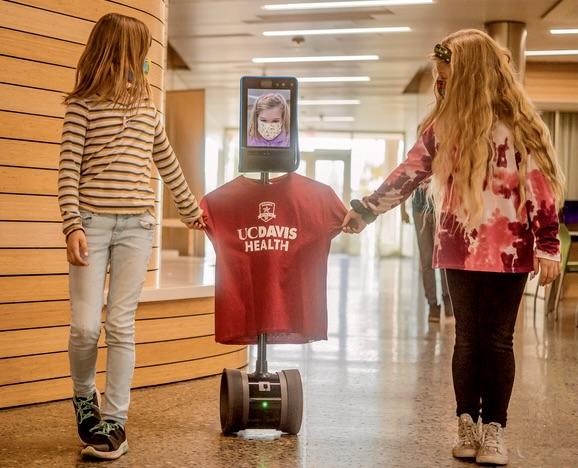Robot-Mediated Learning: Exploring School-Deployed Collaborative Robots for Homebound Children

Over 2.5 million children in the US are medically homebound. They are socially isolated, physically segregated, and current educational practices largely exclude them from their school communities. Telepresence robots have emerged as a possible means to support these children to return to their local schools, however, it is not yet understood how homebound children can effectively use these robots for optimal learning and social development experiences.